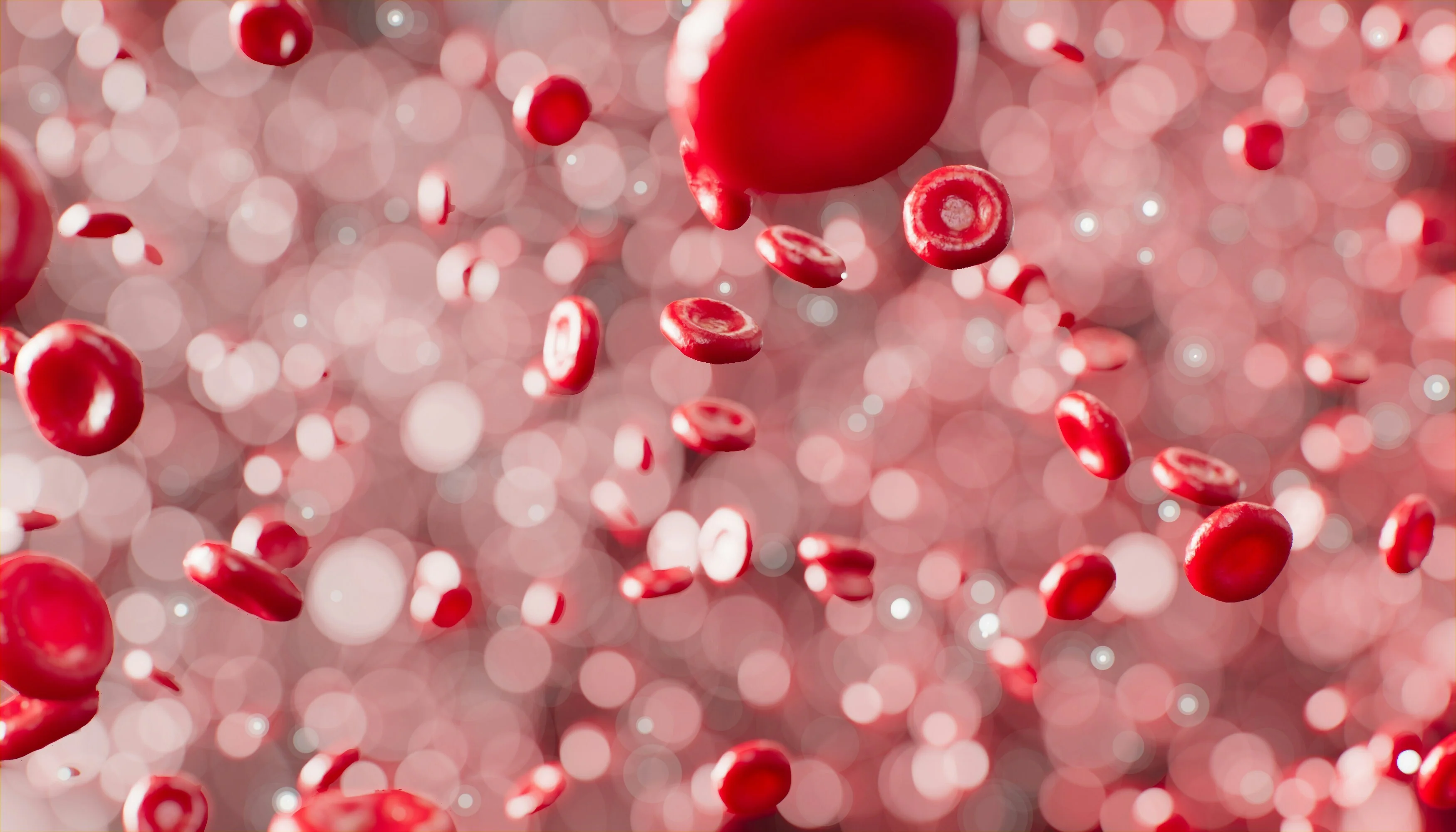
人体会在特定年龄加速衰老:这项新的血液测试能告诉我们器官的寿命
研究显示,人体不同器官的衰老速度并不一致,衰老并不是一个平滑、线性的过程。20世纪,人类的预期寿命显著增加,但如果没有抗衰老技术的重大突破,人类寿命的极限难以突破。世界经济论坛的脑经济行动论坛召集了利益相关方,推动将大脑健康和技能提升作为优先投资,以打造更具韧性与包容性的未来。
研究显示,人体不同器官的衰老速度并不一致,衰老并不是一个平滑、线性的过程。20世纪,人类的预期寿命显著增加,但如果没有抗衰老技术的重大突破,人类寿命的极限难以突破。世界经济论坛的脑经济行动论坛召集了利益相关方,推动将大脑健康和技能提升作为优先投资,以打造更具韧性与包容性的未来。
The 80th UN General Assembly arrives in a world at a crossroads, and will focus on advancing gender equality, climate, AI governance, mental health and more.
Sponge cities work in tune with nature to quickly soak up heavy rainfall rather than solely relying on grey infrastructure like pipes and pumps.
Estados Unidos y la UE llegaron a un acuerdo que establece un arancel del 15 % para la mayoría de las exportaciones hacia EE. UU. ¿Qué significa esto para la competitividad?
Is your brain older than your heart? Research shows our organs age at different speeds. A blood test may soon reveal your true biological age. Learn more.
The US and EU have reached a deal which sets a 15% tariff for most exports into the US. But what do European leaders think and what does it mean for competitiveness?
自美国总统特朗普对全球各国大规模加征关税以来,贸易局势一直高度紧张。网络安全不再被认为是政治中立的领域,对开放贸易的背离凸显了战略调整的必要性。作为回应,我们概述了网络最高管理层应当考虑的三个关键领域。
儿童和青少年的心理健康问题正成为日益紧迫的社会问题,影响人们的长期福祉和生活质量。不堪重负、资源不足的医疗系统常常无法为年轻人提供所需的支持。今年早些时候,在达沃斯举行的世界经济论坛年会上,改善年轻人福祉的措施成为重要议题。
子どもや青少年のメンタルヘルスの悪化は、人々の長期的なウェルビーイングや生活の質に影響を与える、ますます深刻な社会課題となっています。医療制度のひっ迫により、若者たちに必要な支援を提供できない場合が多くあります。
2024年,全球可再生能源装机容量增加了15.1%,主要来自太阳能。但是,至少需要保持16.6%的增长率,才能实现到2030年将可再生能源装机容量翻三番的目标。世界经济论坛2024年《推动能源系统有效转型》报告着重介绍了最有潜力实现能源转型的国家。
El deterioro de la salud mental en niños y adolescentes se está convirtiendo en un problema social cada vez más grave, que afecta a la población y la economía a largo plazo.
Poor mental health in children has become a pressing social issue, affecting people’s long-term wellbeing and quality of life, as well as the economy more broadly.
Renewable energy capacity grew by record amounts in 2024 – but it’s still not enough to keep us on target for our energy transition goals.
DeepSeek已经撼动了人工智能行业,超过ChatGPT成为美国苹果应用商店下载量最大的免费应用。DeepSeek的关键与众不同之处在于,这款中国应用是开源的,也就是说任何人都可以复制、下载并在此基础上进行开发。世界经济论坛的“行业人工智能转型”(AI Transformation of Industries)倡议正在探索人工智能驱动创新中的挑战和机遇。
Fans of open-source AI hail its democratizing effect. Others argue it will be abused. One thing they agree on: DeepSeek has upset the AI hierarchy.













